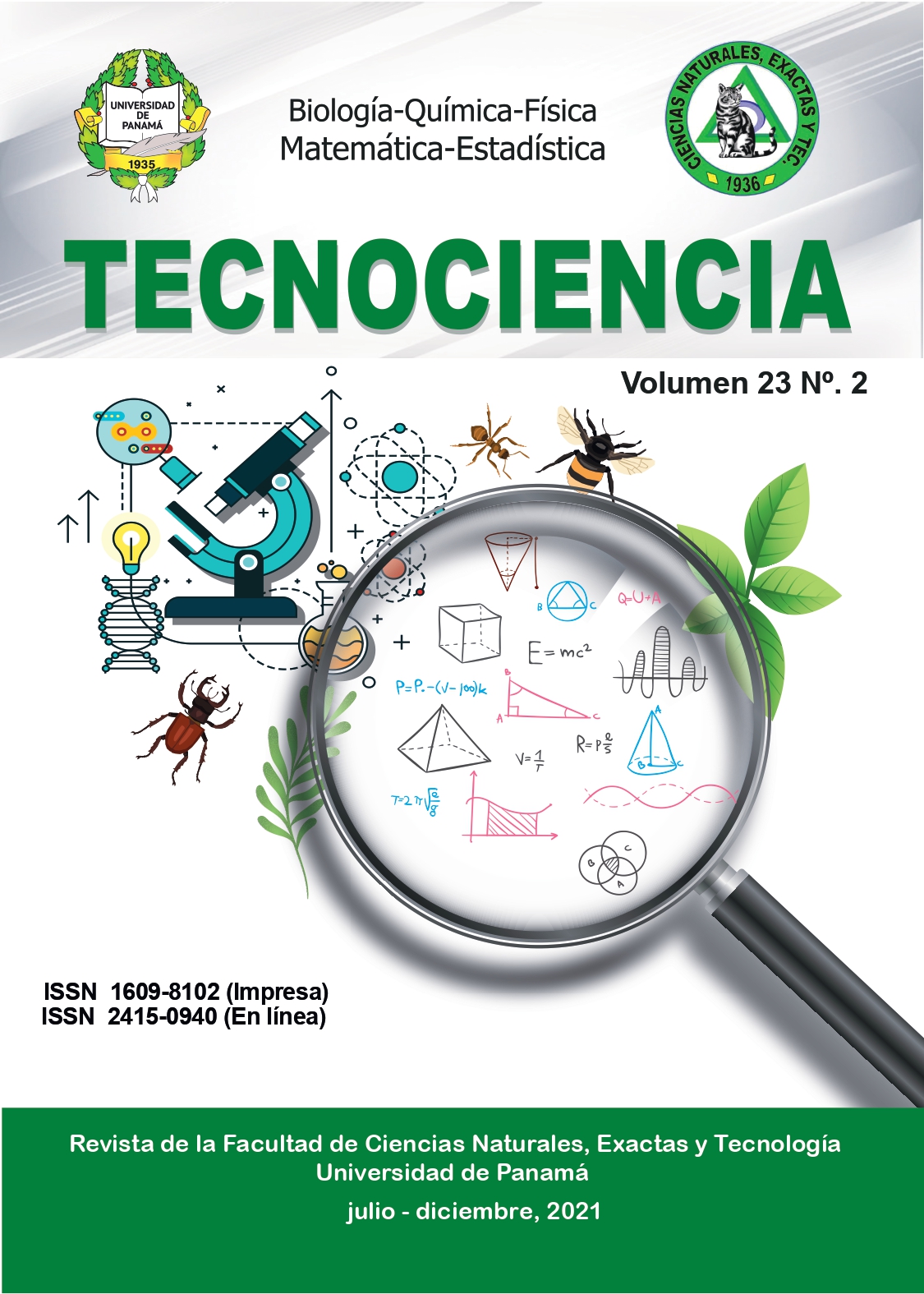References
Aki, K. y Richards, K. P., (2005). Quantitative seismology, theory and methods. Second Edition, W. H. Freeman, San Francisco, Estados Unidos de America:.
Arroyo, I., y L. Linkimer (2021). Geometría de la zona sismogénica interplaca en el sureste de Costa Rica a la luz de la secuencia sísmica de golfito del 2018. Geofísica Internacional 60, 51-75
Bourke, J., V. Levin, L. Linkimer, y I. Arroyo (2020). A Recent Tear in Subducting Plate Explains Seismicity and Upper Mantle Structure of Southern Costa Rica. Geochemistry, Geophysics, Geosystems, Volumen 21, https://doi.org/10.1029/2020GC009300
Camacho Astigarrabia, E., (2009). Sismicidad de las Tierras Altas de Chiriquí. Tecnociencia, 11. 119-130.
Camacho, E., Novelo-Casanova, D. A., Tapia, A. & Rodriguez, A., (2008). Seismicity at Baru Volcano, Western Panama, Panama. American Geophysical Union, Fall Meeting 2008, abstract id. V51C-2051.
Corrigan, J.D. P. Mann, J.C. Ingle (1990). Forearc response to subduction of the Cocos Ridge, Panama-Costa Rica. Geol Soc. Am. Bull. 102(5):628-652.doi:10.1130/0016-7606(1990)102<0628: FRTSOT >2.3.CO;2
Cowan, H.A. L. Sánchez, E. Camacho, J. Palacios, A. Tapia, D. Irving, D. Esquivel & C. Lindholm. (1996). Seismicity and tectonics of Western Panama from new portable seismic array data, Final Report to the Research Council of Norway, NTNF-NORSAR, Kjeller, Norway. 23 págs.
Cowan, H., Machette Corrigan, v., Halle, K. & Dart, R., (1998). Map of Quaternary Faults and Folds of Panama and its Offshore Regions. U.S. Geological Survey Open-File Report, pp. 98-779.
de Boer, J., Defant, M., Stewart, R. & al, e., 1988. Quaternary calc-alkaline volcanism in western Panama; regional variation and implication for the plate tectonic framework. J. South Am. Earth Sci. 1, 275-293.
Havskov, J., y L. Ottemoller (1999). SEISAN, an earthquake analysis software. Seismo. Res. Lett. 70, 532–534. https://doi.org/10.1785/gssrl.70.5.532
Heil, D., 1988. Response of an accretionary prism to transform ridge collision, south of Panama. Tesis de Maestría. University of California at Santa Cruz., Santa Cruz(California), 176 págs.
MooreG.F.andK.L.Sender (1996). Fracture zone collision along the South Panama margin. Geol. Soc. Am., Special Paper 295, 201-212.
Morel, K. D., D. M.FisherT y T. W.Gardner (2008). Inner forearc response to subduction of the Panama Fracture Zone, southern Central America. Earth Plan. Sci. Lett. 265, 82-95.
Muller, R. B. y T. C. W. Landgrebe (2012). The link between great earthquakes and subduction of oceanic fracture zones. Solid Earth, 3, 447–465, 2012, https://doi.org/10.5194/se-3-447-2012.
Pérez, G. y A. Rodríguez (2018). Citizen Scientists Using a Low-cost Raspberry Shake Network Outperform Seiscomp3 Program. Poster presentado en el IRIS Seismic Instrumentation Technology Symposium, Tucson Marriott University Park, October 30-31, Tucson, AZ, USA.
Sagel, D (2015). Tomografía sísmica de Panamá: Provincia de Chiriquí: Volcán Barú, Trabajo de fin de Master, Universidad de Granada, España, 49 págs.
Sherrod, D., J. W. Vallance, A. Tapia Espinoza y J. P. McGeehin (2008). Volcán Barú: Eruptive History and Volcano-Hazards Assessment, U.S. Geological Survey Open-File Report 2007-1401, Version 1. in Central America since 1900. Bull. Seismol Soc. Am. 83, 1115–1142.

